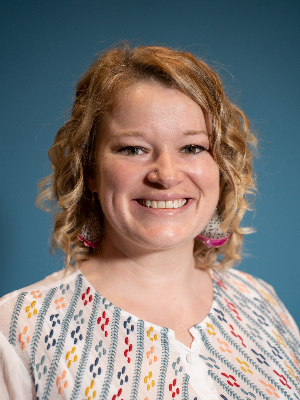
May 5-9, 2025 - Virtual via Zoom
Supporting children starts with empowering their caregivers. This session focuses on evidence-based coaching strategies that engage, guide, and build confidence in parents and
caregivers. Participants will explore effective communication techniques, trust-building strategies, and ways to tailor coaching approaches to meet the needs of diverse families. With
an emphasis on collaboration, attendees will gain practical tools to enhance family engagement, ensure the carryover of strategies, and strengthen their role as trusted guides in a child’s development.

Sarina Murrell is a multilingual medical speech-language pathologist with 15+ years as an educator and 10+ years’ in the field of speech-language pathology, working in medical operations for cleft-lip/palate, children’s hospitals in NICU/PICU and outpatient feeding clinics, autism centers, home-based early intervention and public schools across the US, Ecuador, and China. Sarina is the founder and director of The Airplane Spoon - a private practice for babies, children, and parents in feeding, communication, and coaching.